What do we mean by knowledge and knowledge systems? Knowledge has been recognized as “a body of propositions that are adhered to, whether formally or informally, and are routinely used to claim truth”. Knowledge is embodied by the actors and in their practices, tools, and technologies, as well as in the institutions that organise the production, transfer and use of knowledge – i.e. the knowledge system made up of agents, practices and institutions. Knowledge is inherently dynamic, involving constant evolution of knowledge-based resources and processes for governing those resources. Compared with Western-based science, Indigenous and local knowledge systems represent alternative ways of learning from and with the environment, through close and continuous observation framed by distinct worldviews. All knowledge systems have strengths and limitations related to the kinds of problems they are addressing. Thus, in a world dominated by industrialized societies, the issue is not only whether Indigenous and local knowledge carry value for sustainability, but also whether collaborative processes to improve sustainability can support in situ living knowledge, actors and institutions. Weaving of knowledge systems therefore requires the creation of settings for multiple forms of knowledge exchange and learning across key aspects of the system: its actors, institutions and processes.
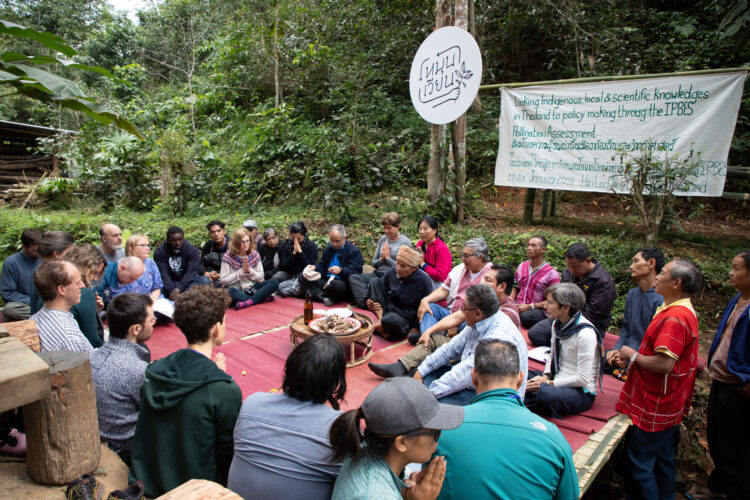
In IPBES, Indigenous and local knowledge systems (ILKS) means the following: “Bodies of integrated, holistic, social and ecological knowledge, practices and beliefs pertaining to the relationship of living beings, including people, with one another and with their environments” (See Hill et al. 2020)
Indigenous and local knowledge systems are:
- grounded in territory, is highly diverse and is continuously evolving through the interaction of experiences, innovations and various types of knowledge (written, oral, visual, tacit, gendered, practical and scientific).
- provide information, methods, theory and practice for sustainable ecosystem management.
- empirically tested, applied, contested and validated through different means in different contexts.
- Maintained and produced in individual and collective ways.
Definitions of what is meant by ‘Indigenous and local knowledge’ or traditional knowledge are often context specific and vary within and across regions.

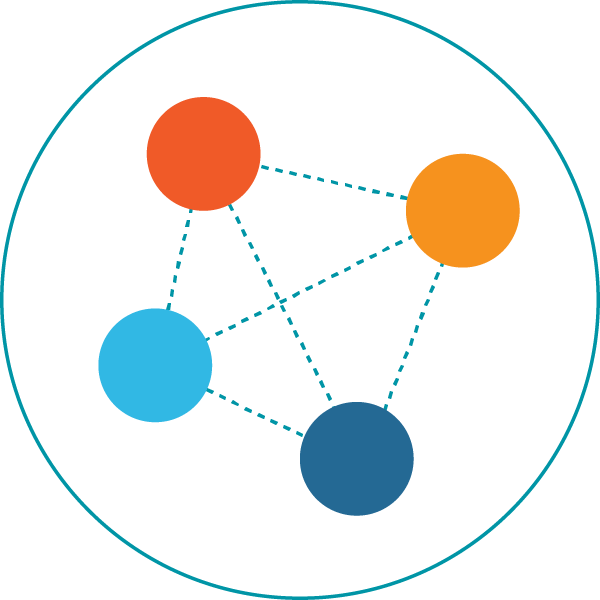


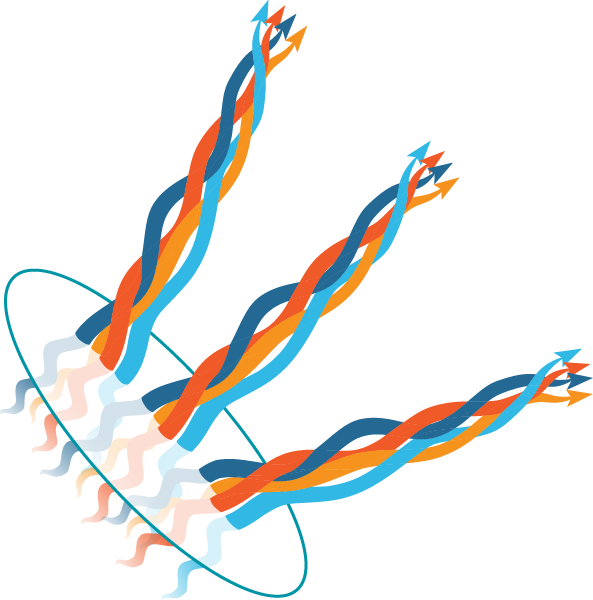
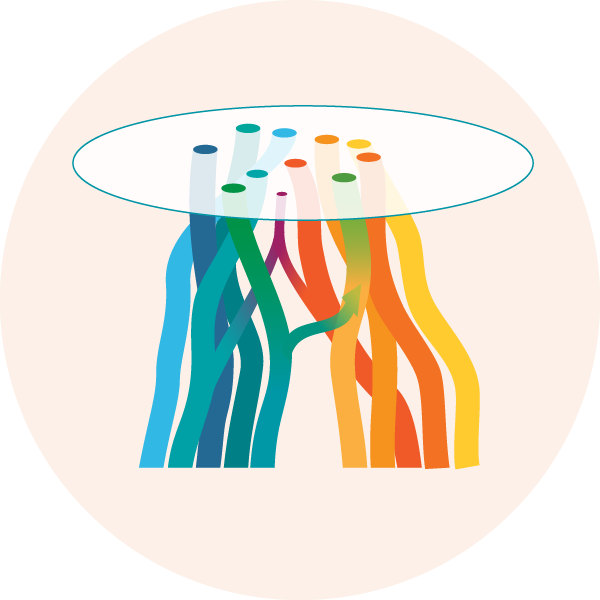



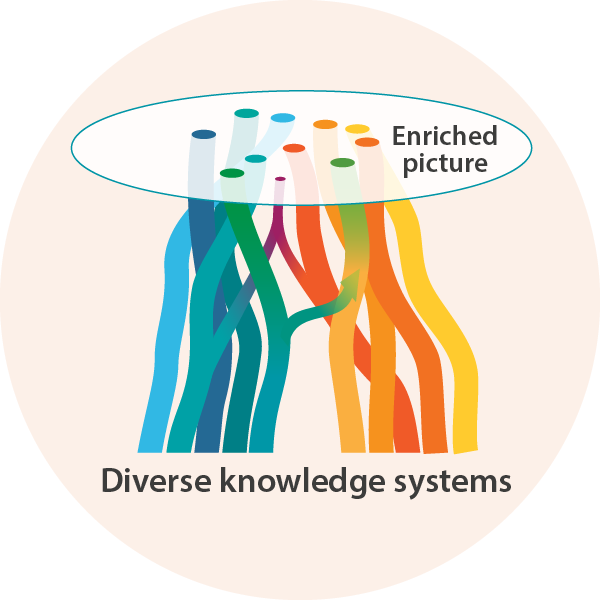
 Malmer. P; Trakansuphakon. P. 2018. Innovations as Part of Sustainable Practices in Biocultural Landscapes. Langscape Magazine Volume 7, Issue 1.
Malmer. P; Trakansuphakon. P. 2018. Innovations as Part of Sustainable Practices in Biocultural Landscapes. Langscape Magazine Volume 7, Issue 1.